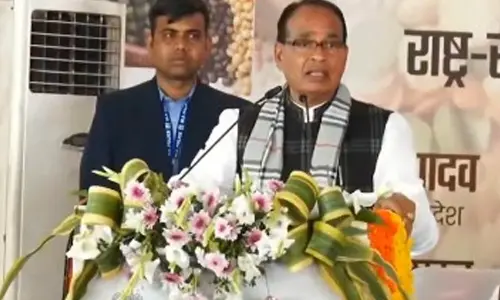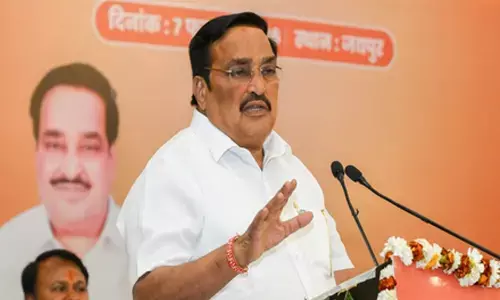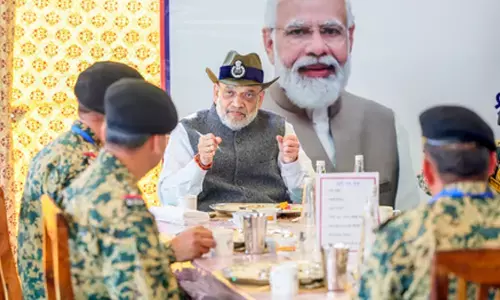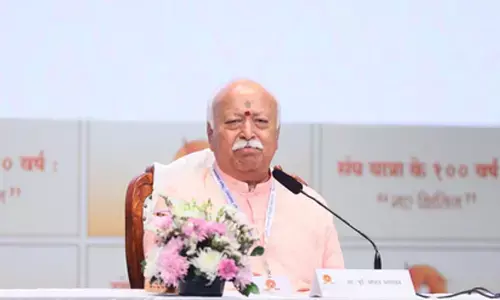SC's welcome move on electoral bonds
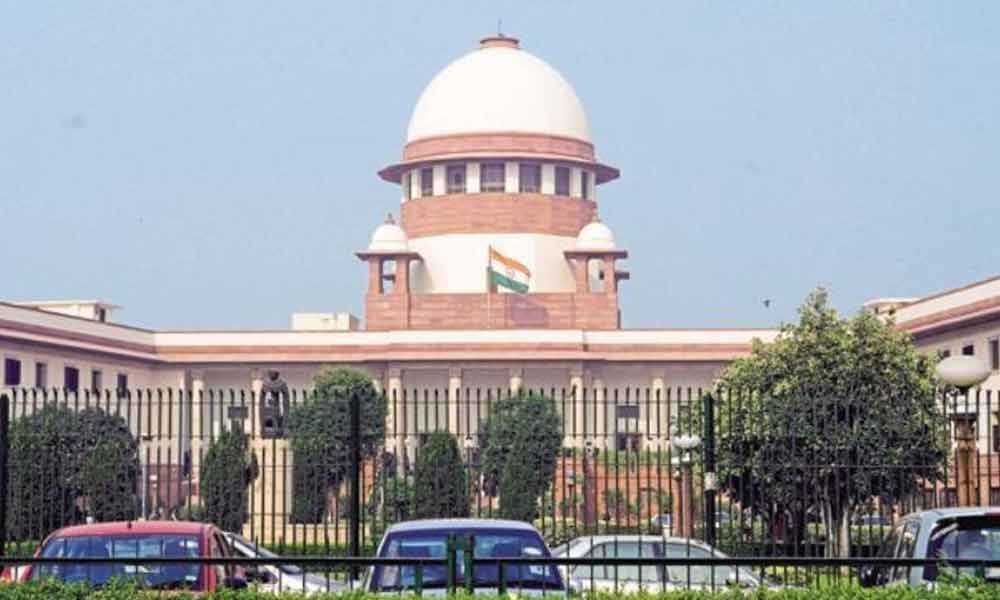
Apropos to the report ‘No stay on electoral bonds’ (THI, April 13), it should be noted that in a democratic system that does not have publicly-funded elections
Apropos to the report 'No stay on electoral bonds' (THI, April 13), it should be noted that in a democratic system that does not have publicly-funded elections (such as ours), it therefore becomes crucially important for the public to know who funds political parties, in order to critically evaluate whether that party's policies are designed to actually serve the public good, or whether they are written to benefit its funders.
To break the matter down into its essentials: if a big, multinational corporation (A) donates a huge amount of money to a political party (B), and on coming to power, that political party rewrites the rules in relevant sectors (such as, for example, environmental regulations) benefiting that corporation, then that entire set of transactions must be open to public scrutiny.
Secrecy in political funding ensures an asymmetry of information that goes to the root of the democratic process, and the fairness of elections. The Attorney-General's only real argument in court was that black money was eliminated, since donations were now routed through the State Bank of India.
As the judges themselves noted, however, this does very little to prevent circuitous payments that escape regulatory scrutiny. More than that, however, black money fails to explain far too much.
Black money cannot explain donor secrecy, or in fact, that this secrecy works only one way: through the State-owned SBI, the government is always in a position to know donor details.
The electoral bond scheme thus favours the ruling party of the day (made clear by the fact that an overwhelming percentage of the funds through electoral bonds have come to the BJP).
Nor can black money explain the removal of caps on corporate donations, the removal of the requirement that a corporation must be three years in existence to donate (thus opening the door to shell companies), and the removal of the requirement that corporations set out their donations in their profit-and-loss statements.
All these, and more, provided excellent reasons for the Supreme Court to strike down – or at least stay – the scheme until its final decision.
Ashok Kumar V, Hyderabad








